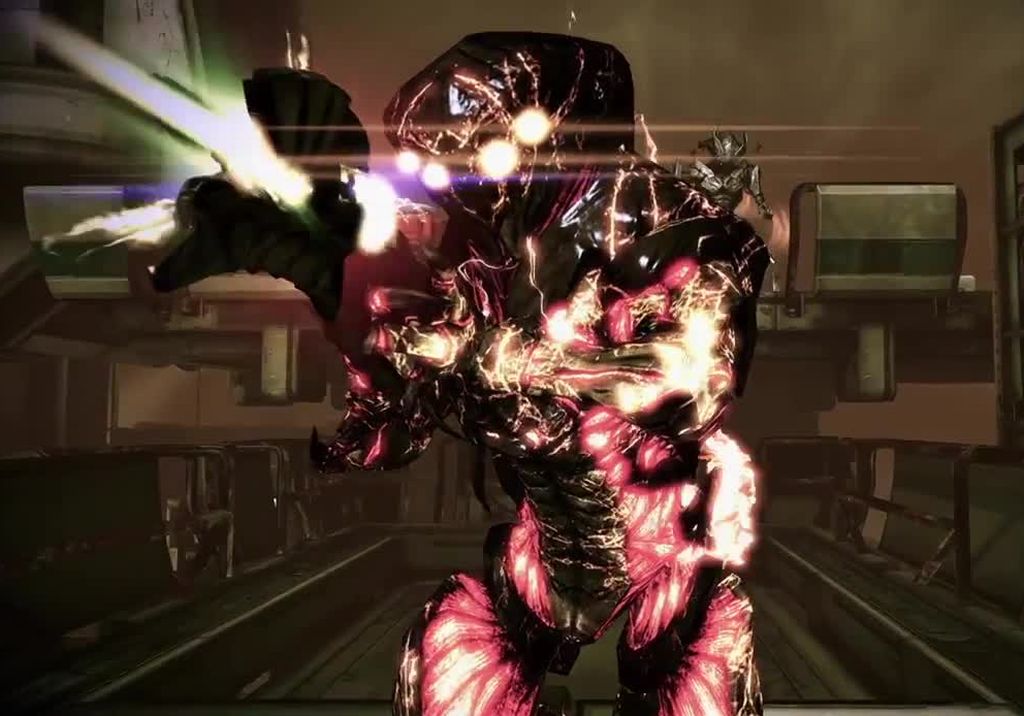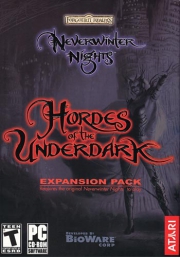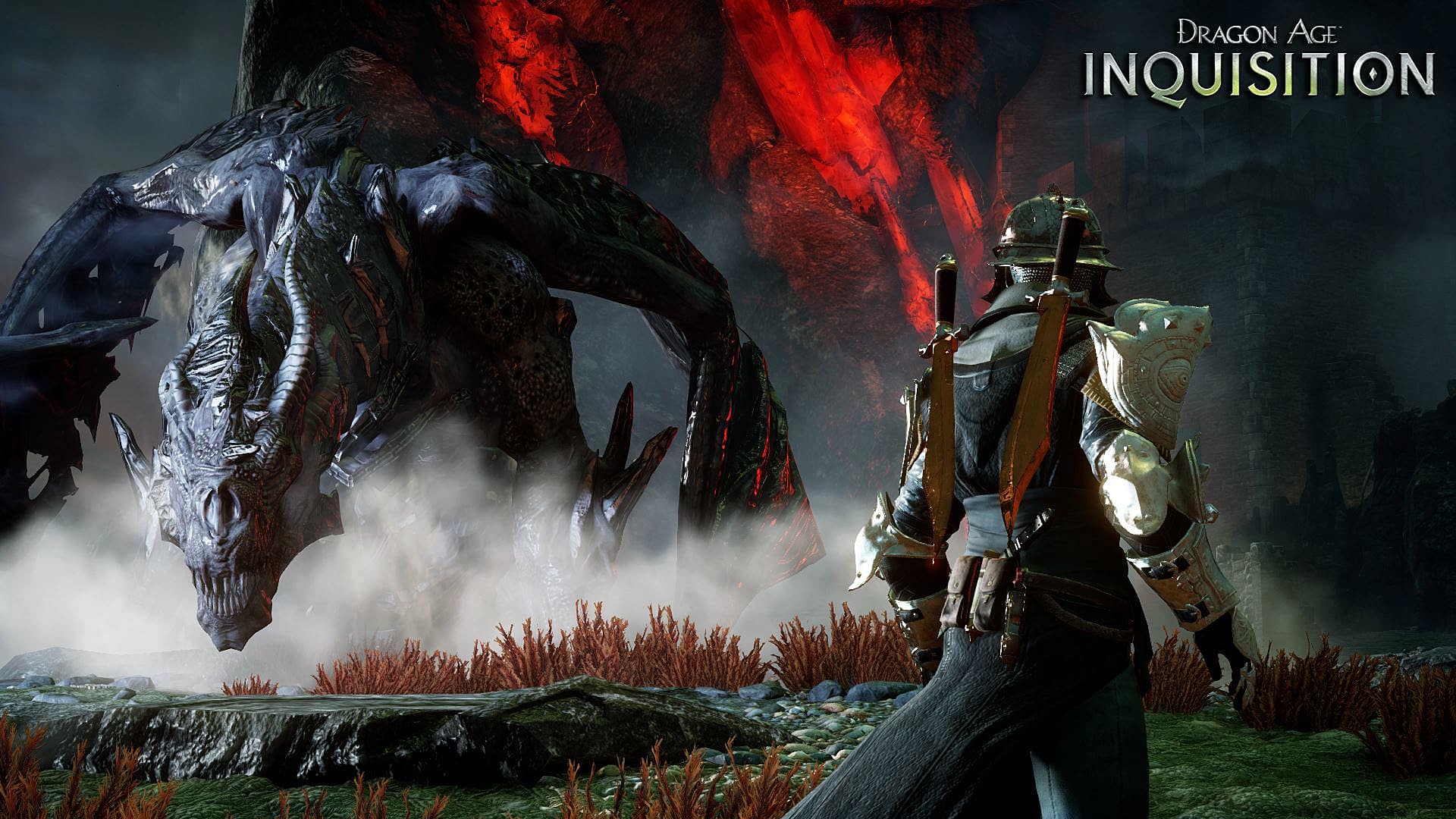
- BIOWARE GAMES ON LINUX DRIVERS
- BIOWARE GAMES ON LINUX DRIVER
- BIOWARE GAMES ON LINUX CODE
- BIOWARE GAMES ON LINUX PROFESSIONAL
- BIOWARE GAMES ON LINUX SERIES
In the creative industries there is no doubt that their customers and fans create effective demand both through purchase of goods, and merchandise which adds marketing value via the buzz, even by facebook clicks.

The internet was enabling alternative business models to the traditional author/publisher, and these models enabled or required active community.
BIOWARE GAMES ON LINUX DRIVERS
Ann Barron (2013) in ‘Free Software Production as Critical Social Practice’ reviews much of the 21st century literature as she charts the drivers leading to author communities and their use of ‘free’ licenses. Theories such as “clever people work elsewhere” were driving global talent searches and inter-company collaborations. To add to this serious software developers were developing collaboration techniques and tools.
BIOWARE GAMES ON LINUX CODE
These insights are reinforced by the classic start-up exit points of idea, code and community, with a working site and then an active community being of highest value.

This is both of value to the customers, and to the companies, as it reduces the cost of marketing and support. The Cluetrain Manifesto makes the point that customers can use the internet to dis-intermediate the marketing & legal departments of their suppliers and even sales enabling a conversation between creators be they engineers, professionals or artists and their customers.
BIOWARE GAMES ON LINUX DRIVER
Eric Raymond in “Homesteading the Noosphere” posits a reputation based driver for the development of free software.
BIOWARE GAMES ON LINUX PROFESSIONAL
Professional and fan reviews, word of mouth and reputation are all important marketing assets, and possibly most importantly, for computer video games the sharing of the community size and vibrancy through online/collaborative gaming creates value to the publisher and customer. Music fans for instance seem to be treated as cash cows and are seen by many artists and music publishers as nothing more than walking wallets.

The value of networks and/or members of the network varies depending upon the primary activity of the network. Some recent economic theories are exploring the economic value of social networks. There should be little question that it also shortened the development time and costs. The fantasy world setting, the Forgotten Realms was also licensed, once more creating the ability to co-opt a ready made fan base and to accelerate the adoption by some fans and customers.
BIOWARE GAMES ON LINUX SERIES
The original game, published as an expensive series of books, often known these days as PnP for pencil and paper meant that the story was jointly developed by the dungeon master and the players stories weren’t enclosed as they have to be for video games and the dungeon master just made stuff up if the players took the story to unexpected places. This ensured that a large number of people understand the fictional milieu, the nature of the story where an avatar travels with dis-similar companions to collectively fulfil the quest or story line, and the rules and thus systems of magic and physics. These games are all based on the AD&D rule set which Bioware licensed from Wizards of the Coast. It produced a series of games based on the “Dungeons & Dragons” rules the Baldur’s Gate, Icewind Dale and Neverwinter Nights game series, released between 1998 & 2009. Arguably, it became one of the first games as a platform even if accidentally.īioware & AD&D, a case study in permissive licencesīioware is a Canadian based video/computer games engineering/authoring company. I used this story to explore the alternatives to All Rights Reserved, and looked at how they did and didn’t use licence engineering to build community and leverage their fans and customers to create market value. The point of this story is the way in which community and value grew, becoming significant author contributors and the way in which Bioware responded and learnt although some might say not as quickly or as generously as they might.Īnother motivation is that I included a version of this story in a professional presentation on intellectual property law, open source and collaboration and it didn’t fit for reasons of time. The story shows how an initially traditional author-publisher business model, leveraged a pre-made community, grew it and latterly enabled it. pdf, a small but significant step to a freemium business model. There are two recent news items that make this current: that the community repository for Neverwinter Nights has just shut, and that Wizards of the Coast have just released Dungeons & Dragons V5 rules as a free to use. It uses the story of Bioware and it’s use of the D&D™ and Forgotten Realms™ games & mythos as an example. This article represents some thoughts on how copy-left and permissive licences create value.


 0 kommentar(er)
0 kommentar(er)
